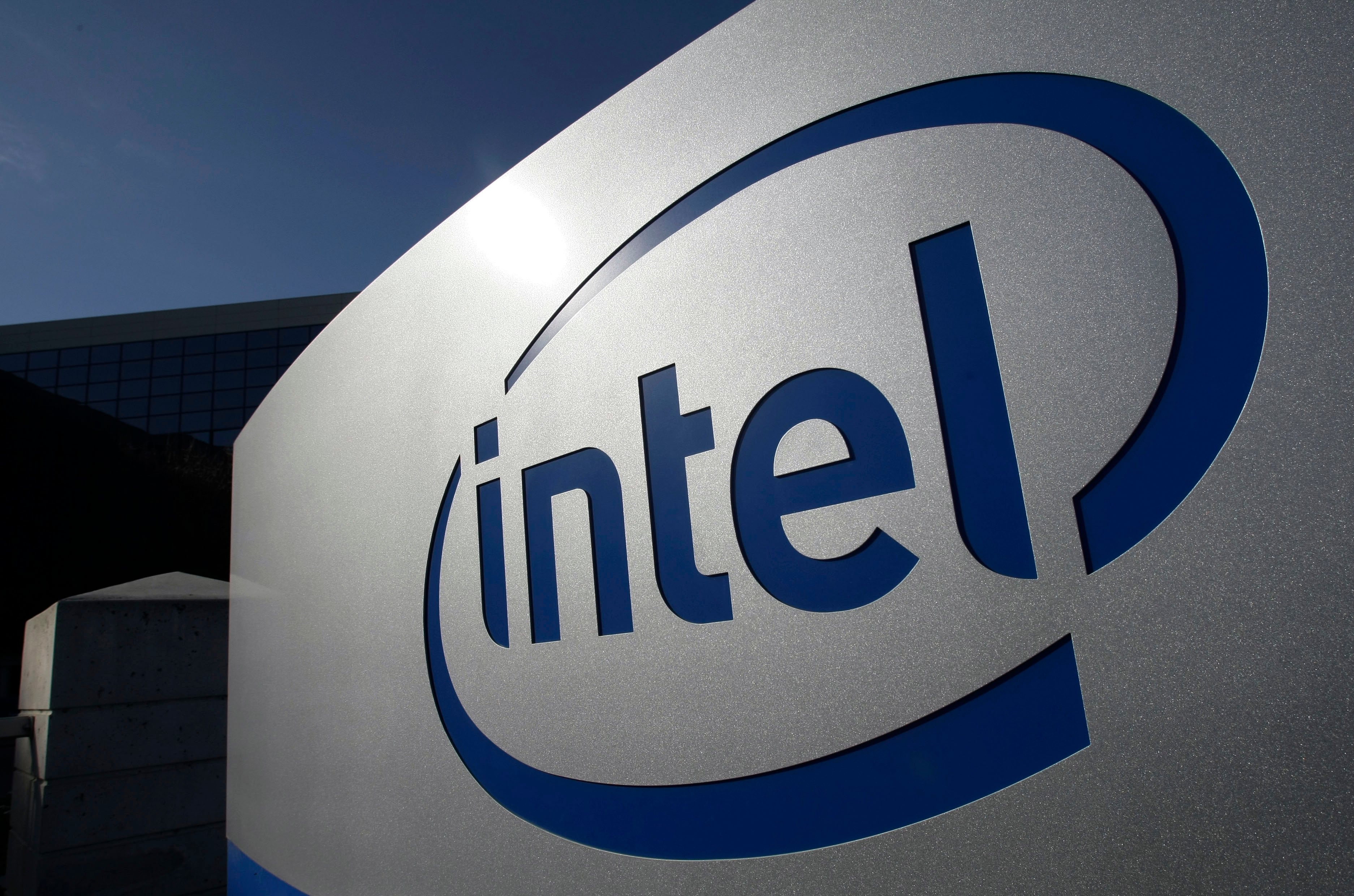*By Chloe Aiello* T-Mobile shares jumped on Tuesday after the wireless communications provider beat Wall Street estimates on third-quarter earnings and revenue, and reported customer net adds that outpaced competitors. The company reported earnings of $0.93 a share on revenue of $10.8 billion, surpassing analyst estimates of $0.85 on revenue of $10.72 billion. The telecom company also netted 1.6 million customers in its third quarter, which marks the 22nd consecutive quarter in which the company has netted more than 1 million customers. Of those, 1.1 million were postpaid nets. "Our postpaid nets this quarter would be more than if you took AT&T, Verizon, Sprint, and Comcast, and Charter and added them all up. We delivered more than that," Mike Sievert, T-Mobile ($TMUS) President & COO, told Cheddar on Tuesday. CEO John Legere also celebrated the results with a [seasonal tweet](https://twitter.com/JohnLegere/status/1057363188503597057): "Happy day-before Halloween & $TMUS earnings day!! @TMobile’s results are scary-good…like, record-breaking… AGAIN! Time to brag!" In other value-boosting news from the company, T-Mobile reported record low churn, or customer turnover. T-Mobile reported 1.02 percent branded postpaid phone churn, down 21 basis points from the 1.23 percent churn it reported in the year-ago quarter. T-Mobile's overall revenue climbed 8 percent year-over-year, but average revenue per user for branded post-paid phones declined 1.6 percent year-over-year to $46.17. In a statement, the company attributed the drop to "the continued adoption of tax inclusive plans," like T-Mobile for business and T-Mobile ONE Military. In the race to 5G, Sievert said T-Mobile has established the backbone of its upcoming 5G service in more than 1,500 cities and towns across 37 states in the U.S. and Puerto Rico. T-Mobile has said it would activate 5G service in select cities during 2018, followed by the introduction of the first 5G smartphones in 2019. In a veiled dig at some of T-Mobile's competitors, Sievert said the company felt 5G should be available for all, rather than for "some people in certain neighborhoods." "We feel that 5G’s a moment that could be a great equalizer for all Americans. Our view is that it’s important to bring 5G nationwide, to every single American, and that’s what we’re focused on," he said. T-Mobile doesn't anticipate full nationwide 5G coverage until 2020. Sievert also said the push for T-Mobile's years-in-the-making merger with Sprint is going well, even as both companies continue to fight for regulatory approval. "We've been working so hard on this for six months," Sievert said. "While it's a complicated subject, it all boils down to one thing: we are able to create, because of the synergies of this merger, a network of unprecedented capacity. And that capacity will, in turn, allow us to create more competition and lower prices than Americans have ever seen before." For full interview [click here](https://cheddar.com/videos/t-mobile-president-mike-sievert-reacts-to-earnings-on-cheddar).












